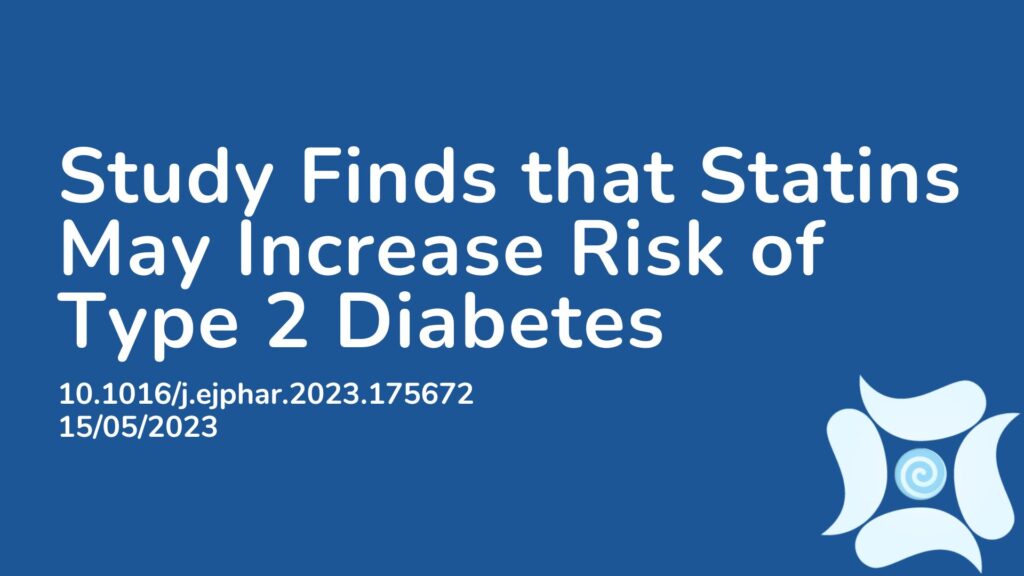Summary:
Statins, which are drugs prescribed to manage cholesterol levels and therefore heart attack risk, were first developed in 1971. They are now one of the most prescribed medicines globally. Statins work by reducing mevalonic acid production, which is a key step in cholesterol production pathways. This reduction in the production of cholesterol decreases blood cholesterol and triglycerides, which is why statins are one of the most powerful drugs for the prevention of atherosclerotic coronary heart disease (ASCVD) with great clinical efficacy. However, like all drugs, statins are not free of side effects. The most commonly reported side effect is muscle weakness and pain. Despite the proven efficacy to prevent ASCVD, physicians are growing more reluctant to prescribe statins due to a suspected risk of increasing likelihood of type 2 diabetes. Some studies have supported this in current literature. The purpose of this paper was to perform a systematic review on the available literature related to the risk of statins and type 2 diabetes. A total of 67 studies were included in the analysis. The results showed that in individuals with normal glycemic control, statin intake increased blood sugar levels and risk of developing type 2 diabetes in comparison to the placebo groups. The increased risk was also not influenced by the dose or type of statin used.
Abstract:
Aims: To update the evidence about the diabetogenic effect of statins. Methods: We searched for randomized-controlled trials reporting the effects of statin therapy on glycosylated hemoglobin (HbA1c) and/or homeostatic model insulin resistance (i.e., HOMA-IR) as indexes of diabetes. Studies were classified between the ones testing normal vs individuals with already altered glycemic control (HbA1c ≥ 6.5%; and HOMA-IR ≥ 2.15). Furthermore, studies were separated by statin type and dosage prescribed. Data are presented as mean difference (MD) and 95% confidence intervals. Results: A total of 67 studies were included in the analysis (>25,000 individuals). In individuals with altered glycemic control, statins increased HbA1c levels (MD 0.21%, 95% CI 0.16-to-0.25) and HOMA-IR index (MD 0.31, 95% CI 0.24-to-0.38). In individuals with normal glycemic control, statin increased HbA1c (MD 1.33%, 95% CI 1.31-to-1.35) and HOMA-IR (MD 0.49, 95% CI 0.41-to-0.58) in comparison to the placebo groups. The dose or type of statins did not modulate the diabetogenic effect. Conclusions: Statins, slightly but significantly raise indexes of diabetes in individuals with adequate or altered glycemic control. The diabetogenic effect does not seem to be influenced by the type or dosage of statin prescribed.
Article Publication Date: 15/05/2023
DOI: 10.1016/j.ejphar.2023.175672



